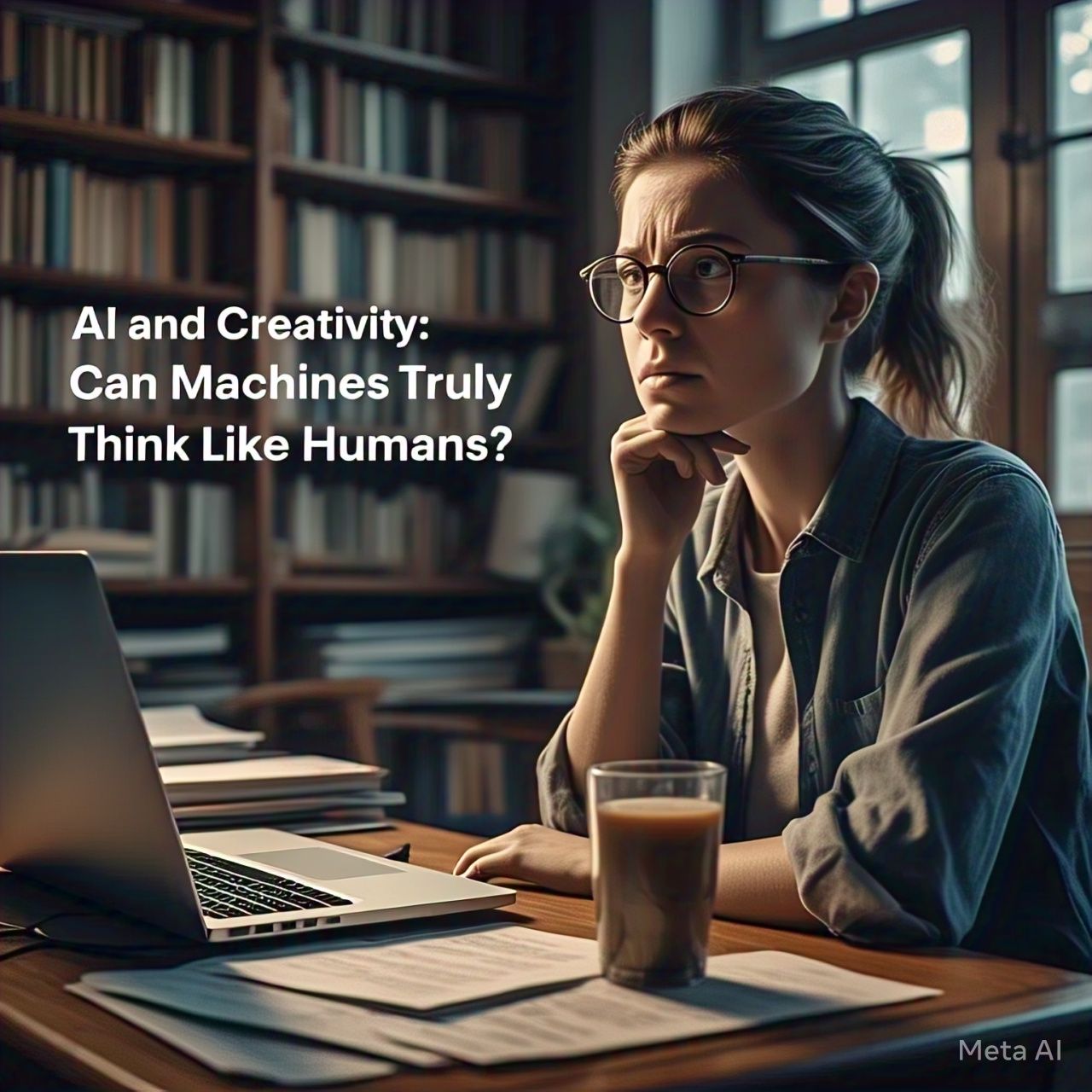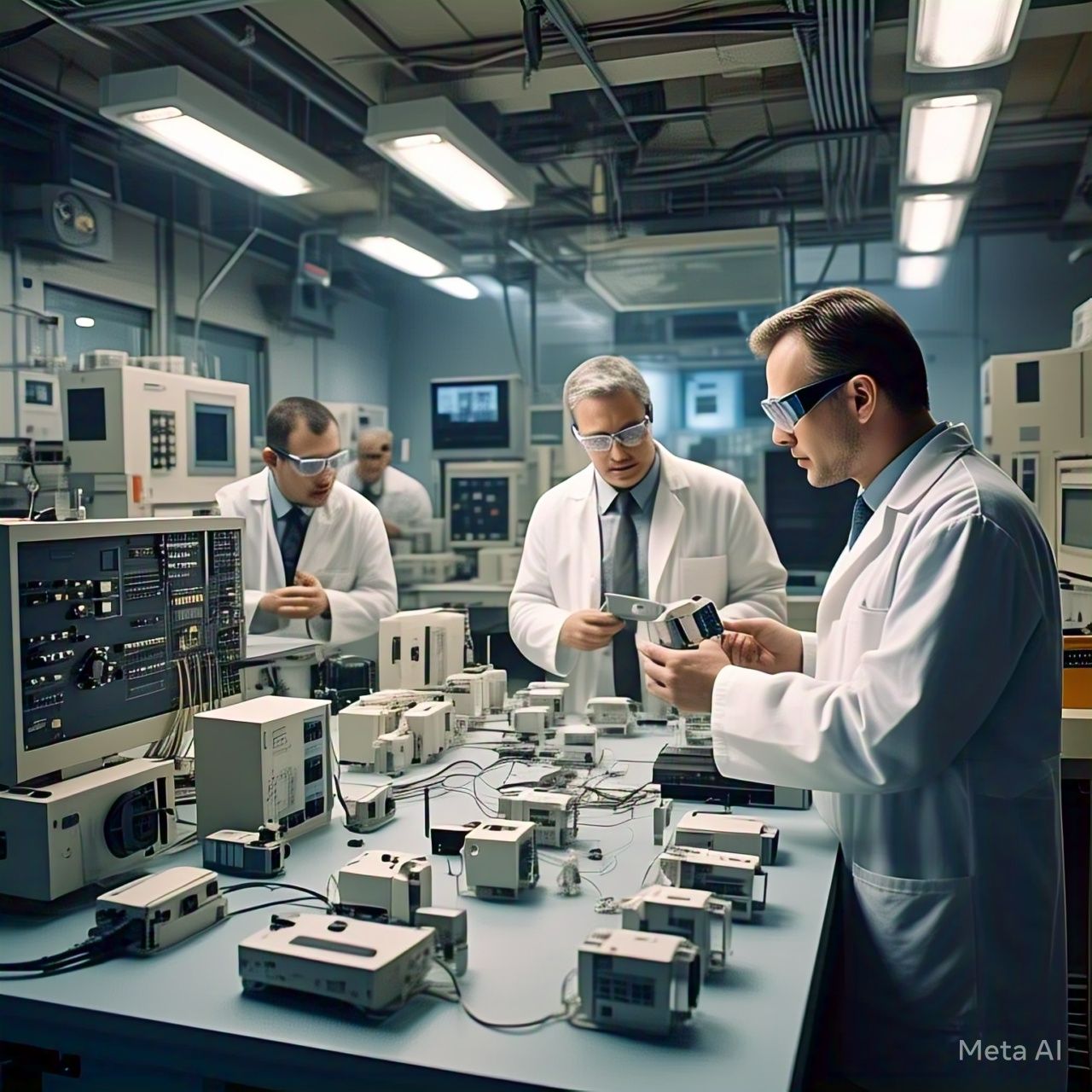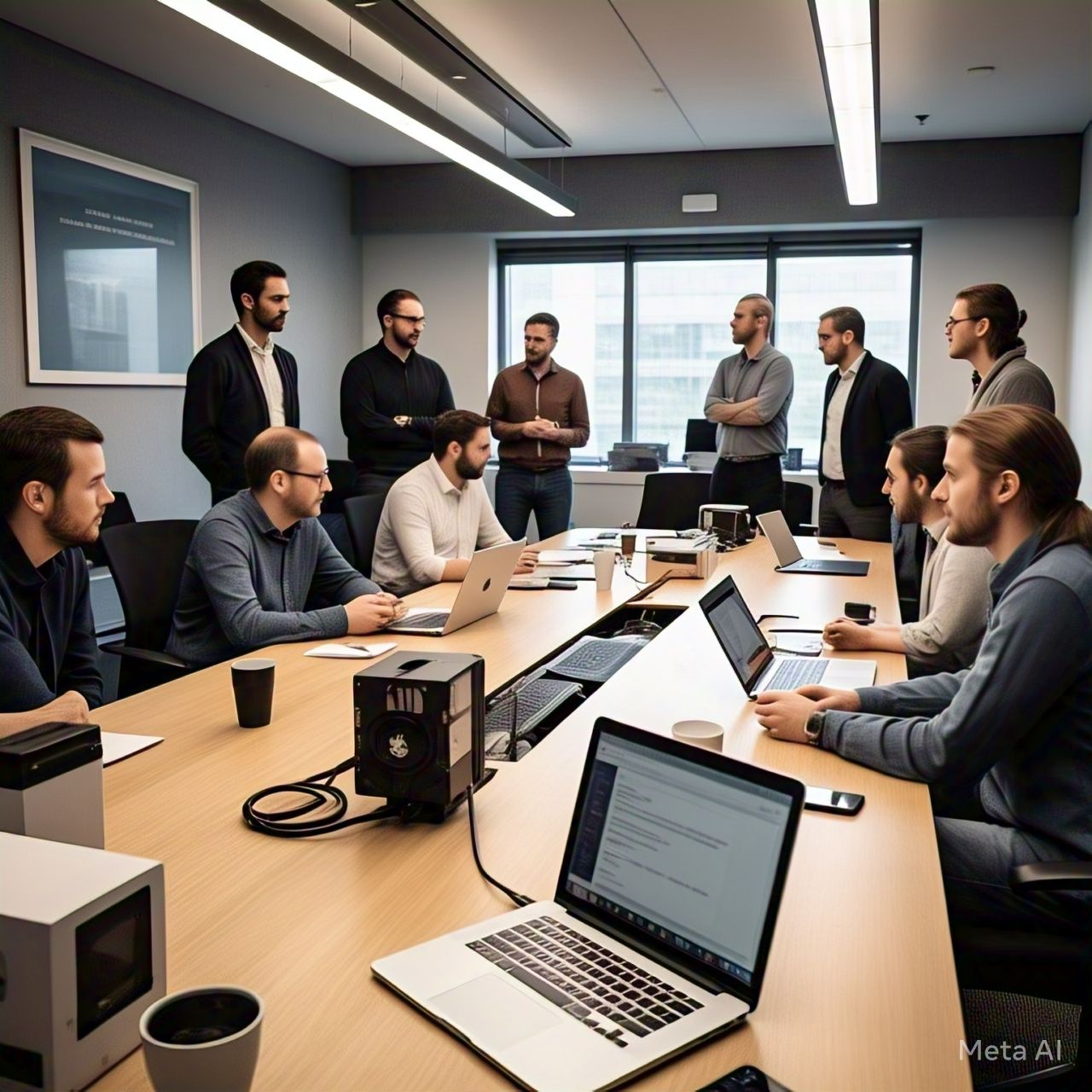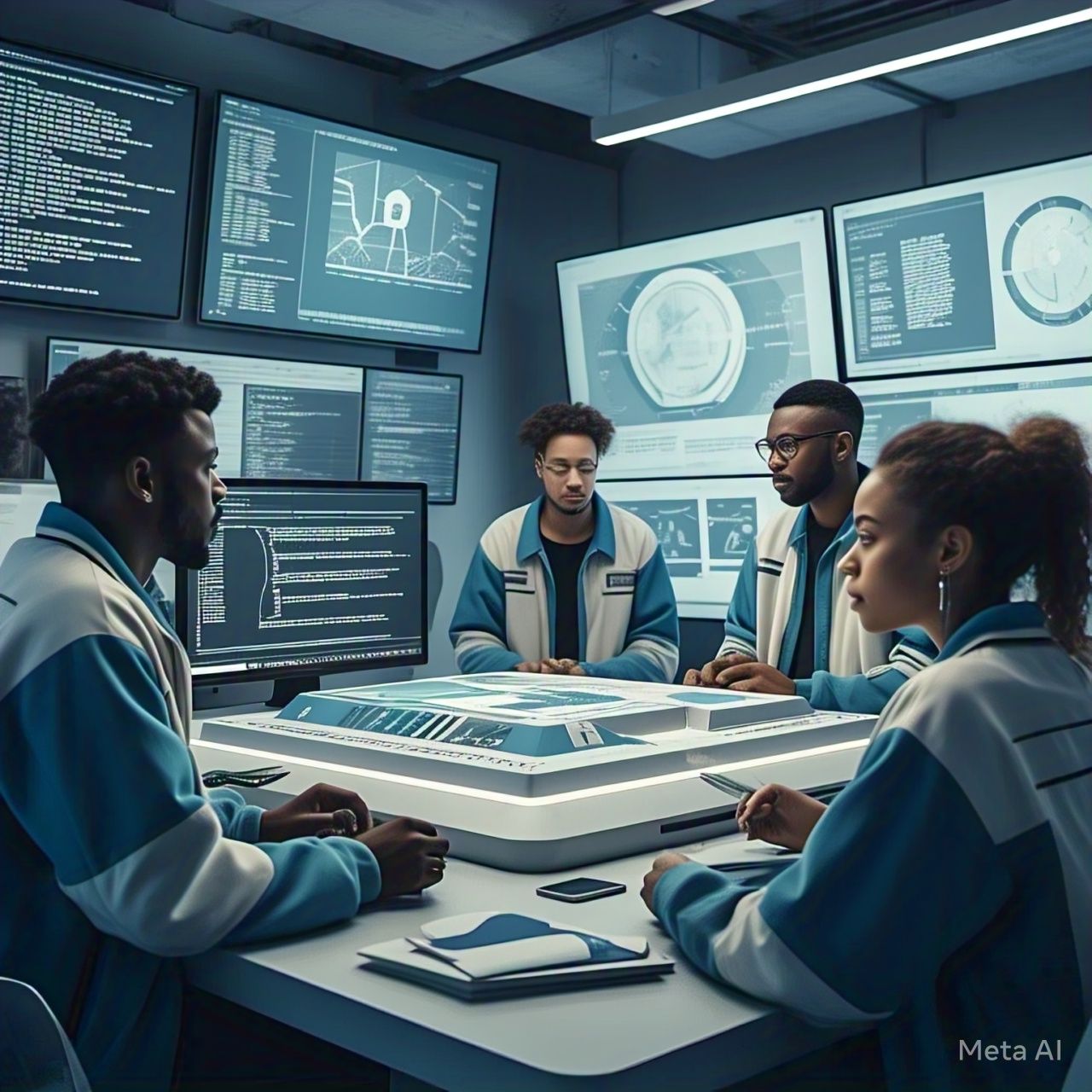Introduction
Artificial Intelligence (AI) has made remarkable strides in various fields, from automation to data analysis. However, one of the most intriguing questions remains: Can AI truly replicate human creativity? While AI-generated art, music, and literature continue to evolve, the debate persists on whether machines can genuinely think like humans or merely mimic creativity.
The Nature of Human Creativity
1. Emotional and Cognitive Aspects
Human creativity is deeply rooted in emotions, experiences, and consciousness. It involves imagination, abstract thinking, and the ability to draw from personal and cultural influences.
2. Problem-Solving and Innovation
Creativity is not just about producing art; it extends to problem-solving, scientific discoveries, and innovation. The ability to think outside the box is a hallmark of human intelligence.
AI and Its Approach to Creativity
1. AI-Generated Art and Music
AI-powered tools like Deep Dream and OpenAI’s DALL-E create visually stunning artwork, while AI composers generate symphonies that mimic human-made music. However, these outputs are based on patterns rather than genuine inspiration.
2. Natural Language Processing in Writing
AI-driven language models like GPT-4 can generate stories, poetry, and even philosophical arguments. But do these writings stem from real understanding, or are they complex rearrangements of existing data?
3. Machine Learning and Innovation
AI can identify trends and generate innovative ideas based on vast datasets. In fields like medicine and engineering, AI-driven solutions have contributed to breakthroughs, yet they still rely on human guidance for context and ethical considerations.
The Limitations of AI Creativity
1. Lack of Conscious Thought
Unlike humans, AI lacks self-awareness and emotional depth, limiting its ability to produce truly original works driven by personal experiences.
2. Dependence on Existing Data
AI models generate creative outputs by analyzing existing data, which means they cannot create entirely new ideas without human input.
3. Ethical and Philosophical Concerns
The rise of AI-generated content raises ethical questions about authorship, originality, and the value of human-made art in a world increasingly influenced by automation.
The Future of AI and Human Creativity
1. Collaboration Between AI and Humans
Rather than replacing human creativity, AI can serve as a tool to enhance it. Artists, writers, and musicians can leverage AI for inspiration and efficiency.
2. Ethical AI Development
Ensuring that AI remains a complementary force rather than a replacement requires ethical guidelines and responsible development practices.
3. AI as a Creative Assistant
AI’s ability to analyze vast datasets and generate suggestions makes it a valuable asset for creative professionals, but human intuition and emotions remain irreplaceable.
Conclusion
While AI has demonstrated impressive capabilities in mimicking creativity, it has yet to achieve the depth and originality of human thought. Machines may assist and enhance creative processes, but true creativity remains a uniquely human trait. The future of AI in creativity lies not in replacing human ingenuity but in augmenting it, allowing for new forms of artistic and intellectual expression.





